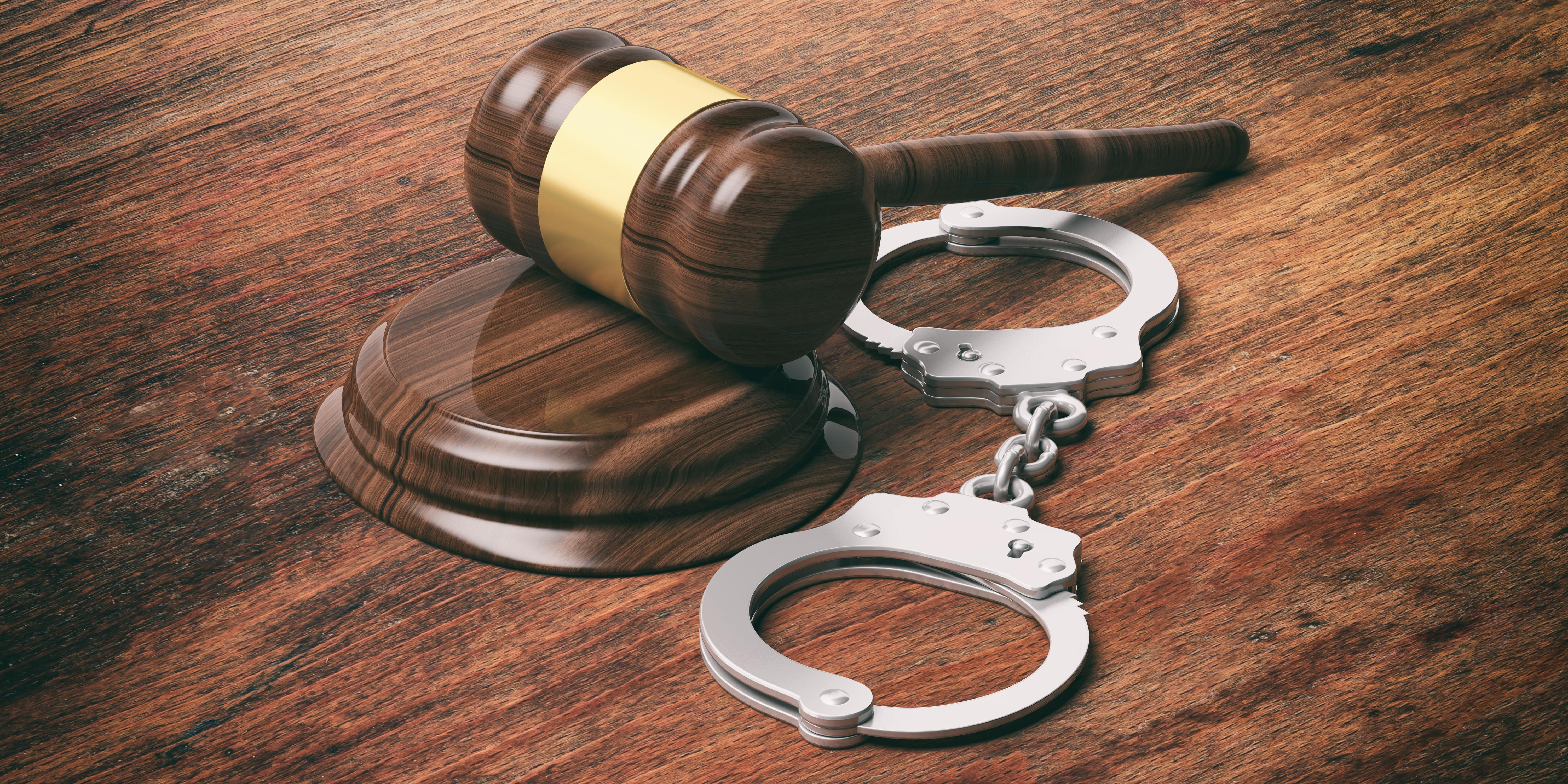Rights of Defendants After Being Charged in the UK


Once you have been charged with a criminal offence, your freedom, reputation and future all hang in balance. Regardless of the crime or the severity of it, things move quickly so, how do you ensure you are protected every step of the way?
A solicitor that can guide you through defendant rights after you are charged can make all the difference in how the situation plays out. At Holborn Adams, we seldom focus on the charge itself. We look at your full defence strategy as every decision made, from day one, has an impact on the outcome.
In this article, we break down what you need to know after being charged, and your options moving forward to ensure you are protected every step of the way.
What Happens Once I Have Been Charged With A Crime?
So, you have been charged. Now what? A lot can happen next, but only a few things remain constant: you have rights, and you need to understand them. From the moment charges are brought against you, the clock is ticking. What’s the first thing you should do?
First Steps After Being Charged:
When you are charged, you will typically be obliged to attend a court hearing. This could take a few days or weeks, as per the gravity of the situation. During this time, you will be able to enter a guilty or not guilty plea and speak about the following steps with your solicitor.
However, keep in mind, timing is everything. When represented well by a legal expert from the beginning, you can alter your legal strategy for success. After charges are framed, a solicitor with a firm understanding of defendant rights will analyse all the available evidence. The individual will also check for gaps and guide you through the upcoming steps in the prosecution’s case.

When Charged for an Offence, What Are My Rights?
As soon as you are charged, you have specific legal rights in the UK. We are here to break down and explain the most crucial ones:
1. The Right to Legal Representation:
Before anything else, you have the right to legal representation and this applies at any stage of the process. If you are under investigation or charges have been lodged against you, you can request a solicitor. You can take it as an opportunity to seek guidance and protect your rights.
A post-charge solicitor with knowledge of the defendant’s rights will provide crucial advice during police interviews and after charges are pressed. If necessary, they will also represent you in court.
2. The Right to Bail:
Either the police or the court can release you on bail. Your freedom until your next hearing depends on the charges made against you. Police reports and curfews are two examples of rules that do have an effect and the right lawyer can ensure that the terms of these are fair.
If you are charged with a major crime, you may have to stay in jail until your trial. Your lawyer can make the case for you in court, proposing that you are not a flight risk or a risk to others.
How Does The Court Work After I Have Been Charged?
Court Appearances:
The judicial process that follows a charge is dependent on the crime. The Crown Court hears cases of serious crimes while The Magistrates' Court hears cases of less serious crimes.
It works to have a skilled post-charge lawyer who knows the defendant's rights inside and out. They will help you through the whole court process which could mean defending you at hearings before your trial or sentence, giving you advice on possible pleas, or getting you ready for your first hearing.
Can I Avoid Going To Trial?
Plea Deals:
Not everyone has to go to court. In fact, many criminal cases are resolved before they reach that stage. You might be able to reach an agreement to plead guilty to a lesser charge and in turn, receive a shorter term. This, however, needs professional help to achieve.
A solicitor who specialises in protecting a defendant's rights after charges are brought can talk you through all the possible results and help you decide if a plea deal is the best option for you. You cannot simply plead guilty and move on. We want everyone to think about what they should do, what might happen, and what other choices are available to them.
Getting A Lighter Sentence:
Sometimes, it may be possible to receive a lighter sentence. If you have not been found guilty before or are currently in grief, the court may shorten your sentence if you can provide ample evidence.
A great attorney can look at your case. The lawyer can decide whether community service, probation, or suspending the sentence would be better than going to jail.
What Factors Influence the Speed at Which My Case Moves Forward?
While each crime case is different, there are a few things that can streamline or slow the process. Most of the time, the following are to blame:
Evidence Disclosure and Delays:
The prosecutor has to present all the evidence they have against you, which can take a while. We might have to wait longer if the police need more time to collect evidence. This is something that your lawyer will keep an eye on and ensure the prosecution provides the news they need.
Court Backlog:
Wait times for trials are extremely long when courts are overloaded with too many cases. Aspects that go wrong could make your case take longer to resolve. There is no way that the process can go faster without a good post-charge attorney present. Lawyers are the best people to deal with unfair delays.
What Should I Do To Protect My Rights?
Be Careful What You Say:
Anything you say may be used against you. Avoid discussing your situation with friends, relatives, or on social media. Often, harmless comments can be misinterpreted. A solicitor who understands defendant rights, after charges are filed, will ensure any remarks made during the trial process are protected and strategic. Your counsel will also handle any direct communications with the police or prosecution on your behalf.
How Can a Solicitor For Defendant Rights Assist After Charge?
The Duties of Your Solicitor:
Your post-charge solicitor acts as an advocate the moment you are charged with an offence. The individual will gauge the case outcome while assessing your rights and options. Beyond the basics, the legal expert will discover the prosecution's weaknesses, hunt for opportunities to negotiate a plea, and work to secure you the best possible outcome.
Your key to a successful legal defence is a solicitor with proper knowledge of the defendant’s rights after charges are pressed. It is true regardless of whether you are seeking bail, opposing evidence, or hoping for a reduced sentence. A legal expert’s responsibility is to safeguard your rights and make sure the system does not take advantage of you.
Is There a More Opportune Time to Seek Legal Help?
As soon as you are accused, contact a solicitor to learn about your defendant's rights after being charged. Never wait until the trial begins to seek help. The earlier you engage legal representation, the better your chances of a favourable outcome.
Holborn Adams is no ordinary legal firm. Criminal charges can be one of the most traumatic events in a person's life, and we understand that. At Holborn Adams, we understand that facing criminal charges can be one of the most stressful experiences in a person’s life. For this reason, we offer knowledgeable counsel and advice right away. Although each case is different, one thing always remains the same - having the right legal team on your side can make all the difference.




